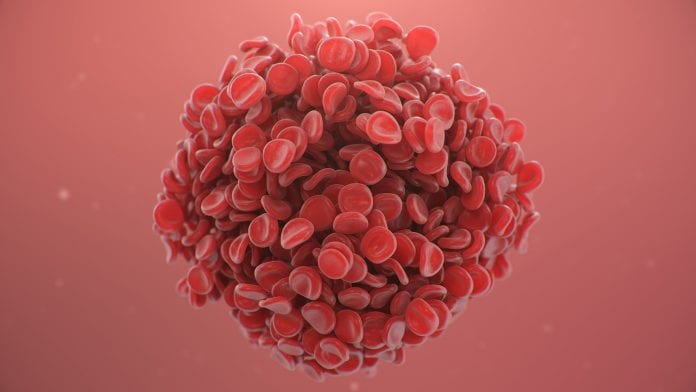
Early testing for blood clots in people who have received the AstraZeneca/Oxford vaccine led to successful treatment, highlighting the need for increased awareness among healthcare professionals.
The research from RCSI University of Medicine and Health Sciences and the National Coagulation Centre at St James’s Hospital highlights the need for heightened awareness and early testing for people with signs of clotting disorder following vaccination with the AstraZeneca/Oxford COVID-19 vaccine.
The findings have been published in the British Journal of Haematology.
Increasing awareness in healthcare professionals
Unusual blood clots with low blood platelets have been recognised as a very rare complication of the AstraZeneca vaccine, however, people may not have these symptoms when they initially present to medical services.
The researchers highlighted four patients who had clotting complications – Vaccine Induced Thrombotic Thrombocytopenia (VITT) – induced by the vaccine.
Based on the current guidance, these people could have been classified as a low likelihood for the syndrome when they presented to doctors. In these instances, thanks to the increased awareness and clinical vigilance from the medical teams involved, all the patients were sent for testing early, and were diagnosed and treated successfully.
Dr Michelle Lavin, the lead author of the paper and researcher at the Irish Centre for Vascular Biology and the RCSI School of Pharmacy and Biomolecular Science, said: “The risk of developing a blood clot from the vaccine is still far lower than the risk of developing clots from COVID-19, but it is imperative that clinicians are vigilant in detecting symptoms among vaccinated patients.
“Our research has shown that current guidelines lack the sensitivity to detect early cases of vaccine-induced clotting, which could risk missing or delaying diagnoses. As our understanding of this novel condition evolves, heightening our clinical awareness can improve outcomes for patients through early testing and treatment.”
The work is part of the Irish COVID-19 Vasculopathy Study (ICVS), supported by a Health Research Board COVID-19 Rapid Response award and also by a philanthropic grant from the 3M Foundation to RCSI University of Medicine and Health Sciences in support of COVID-19 research. The work was carried out in hospitals in both the Republic of Ireland and Northern Ireland.






















